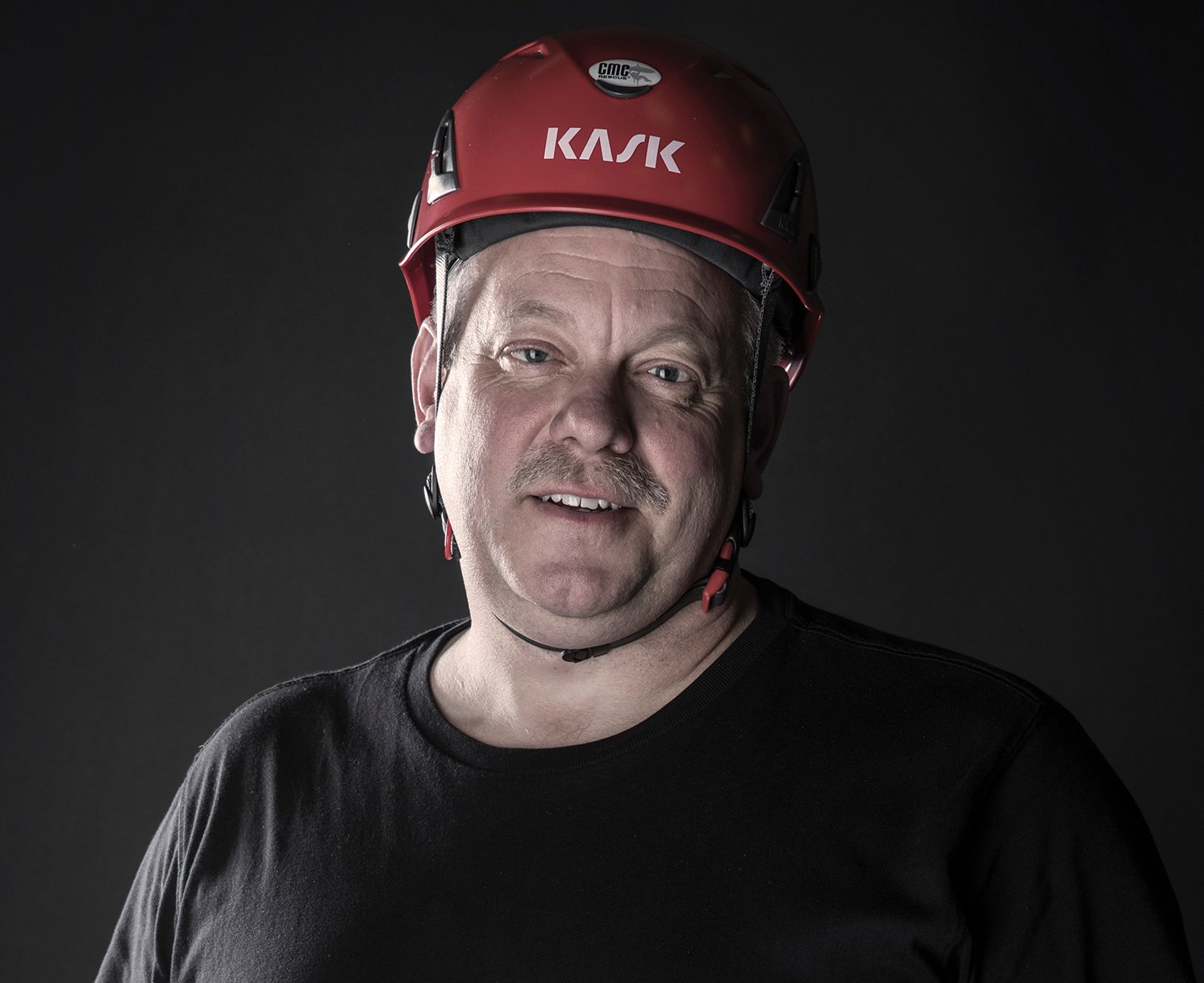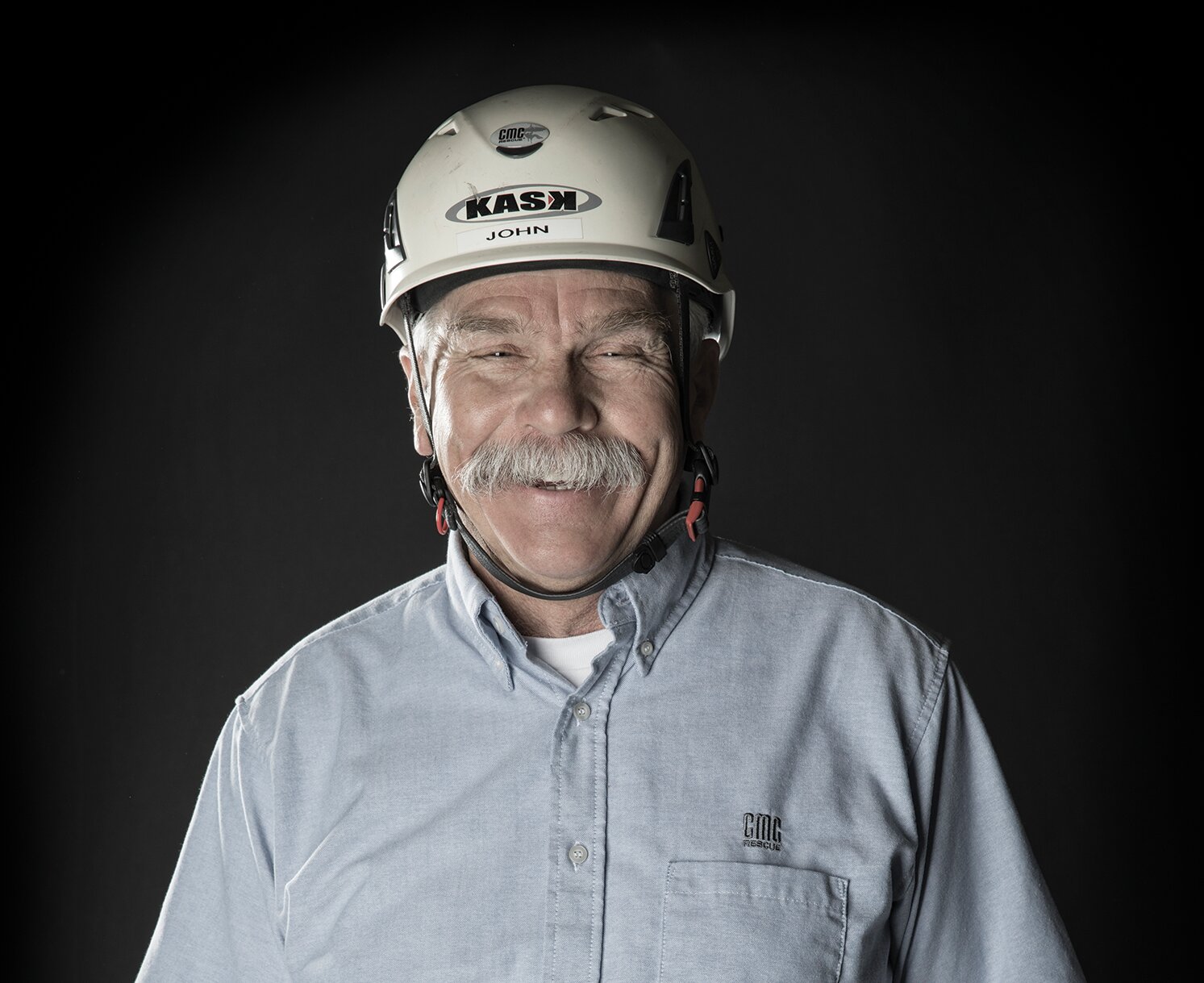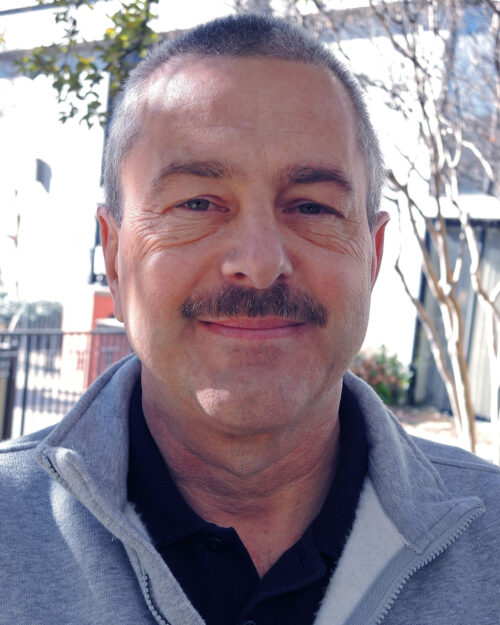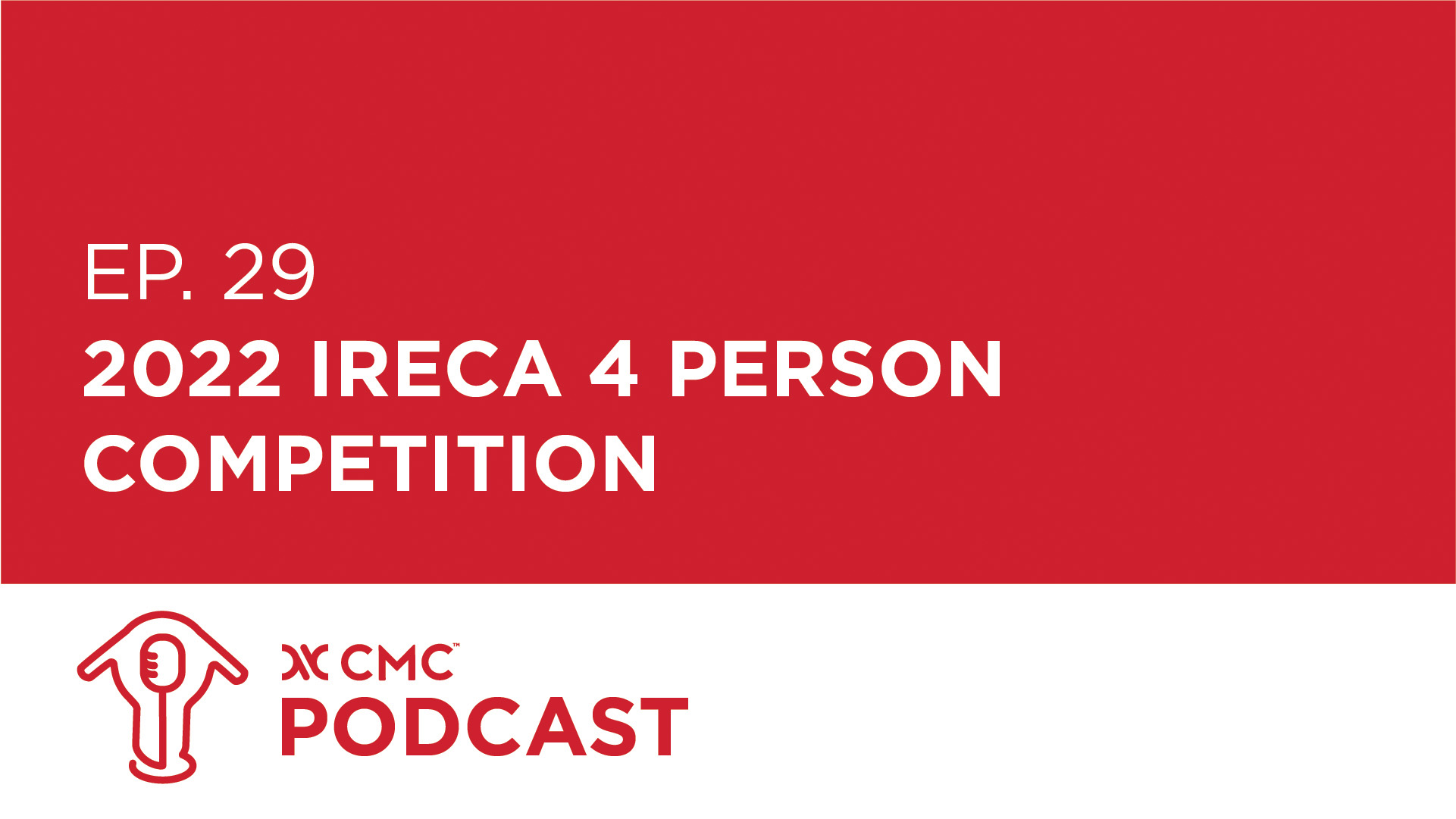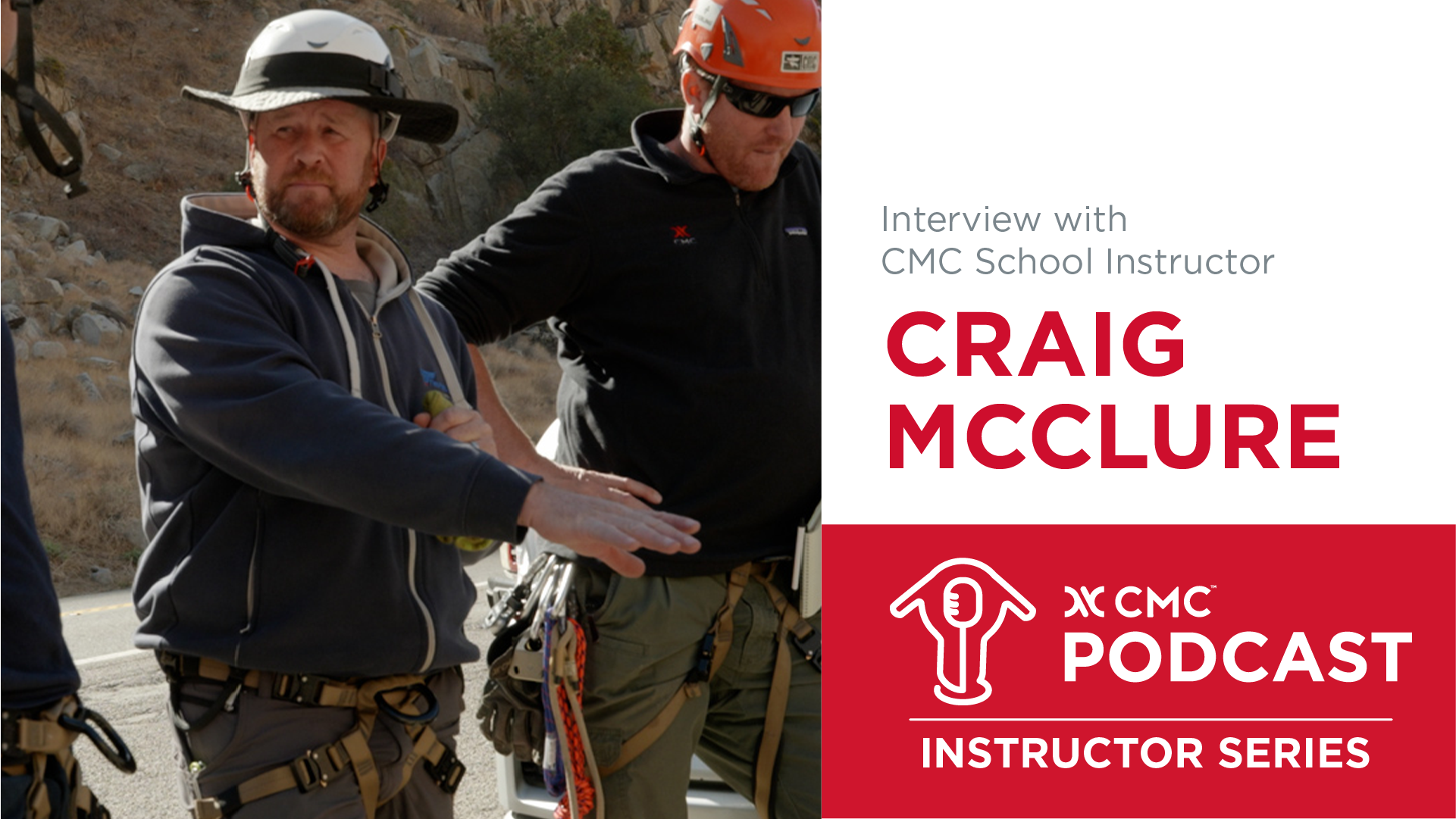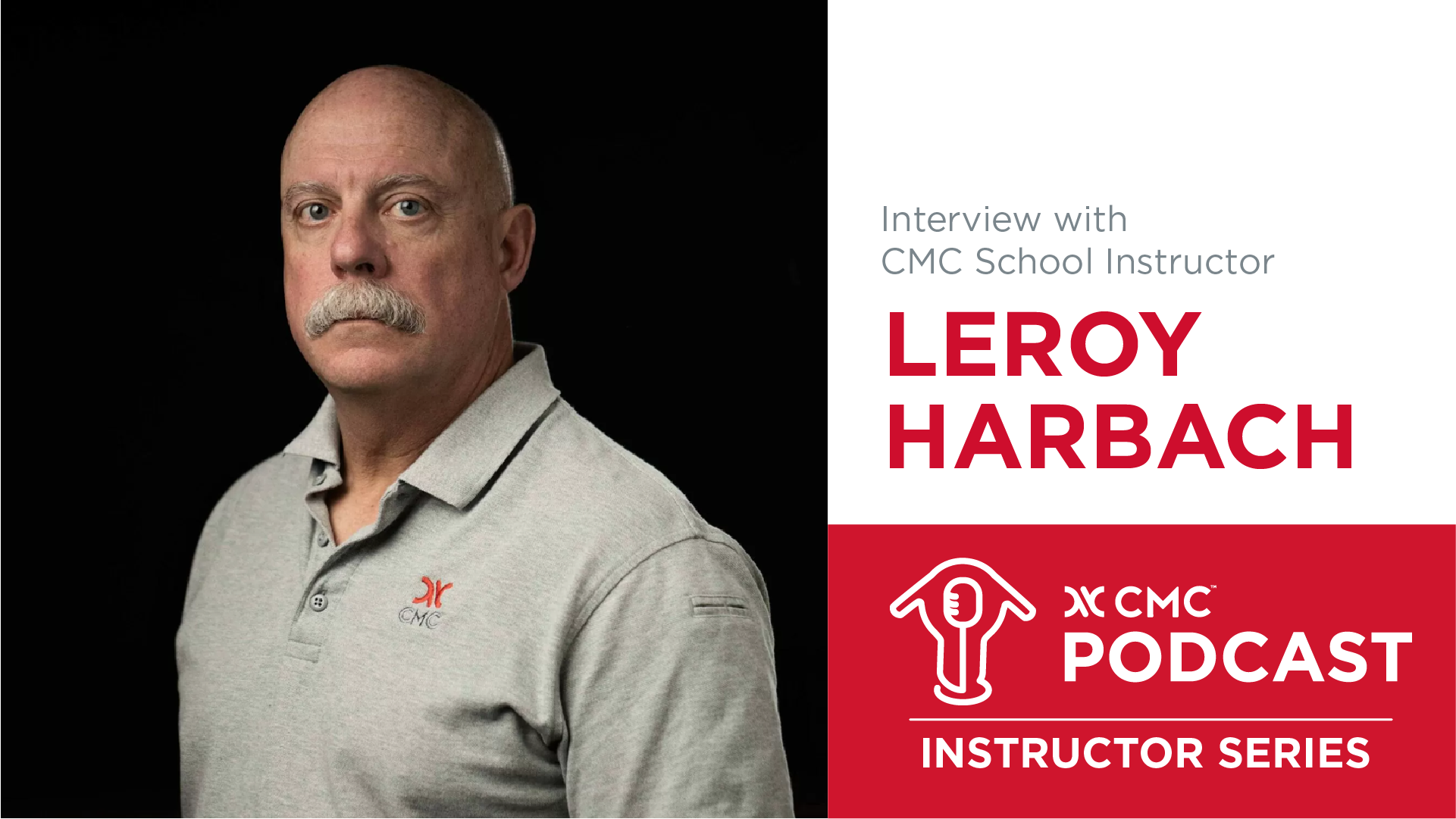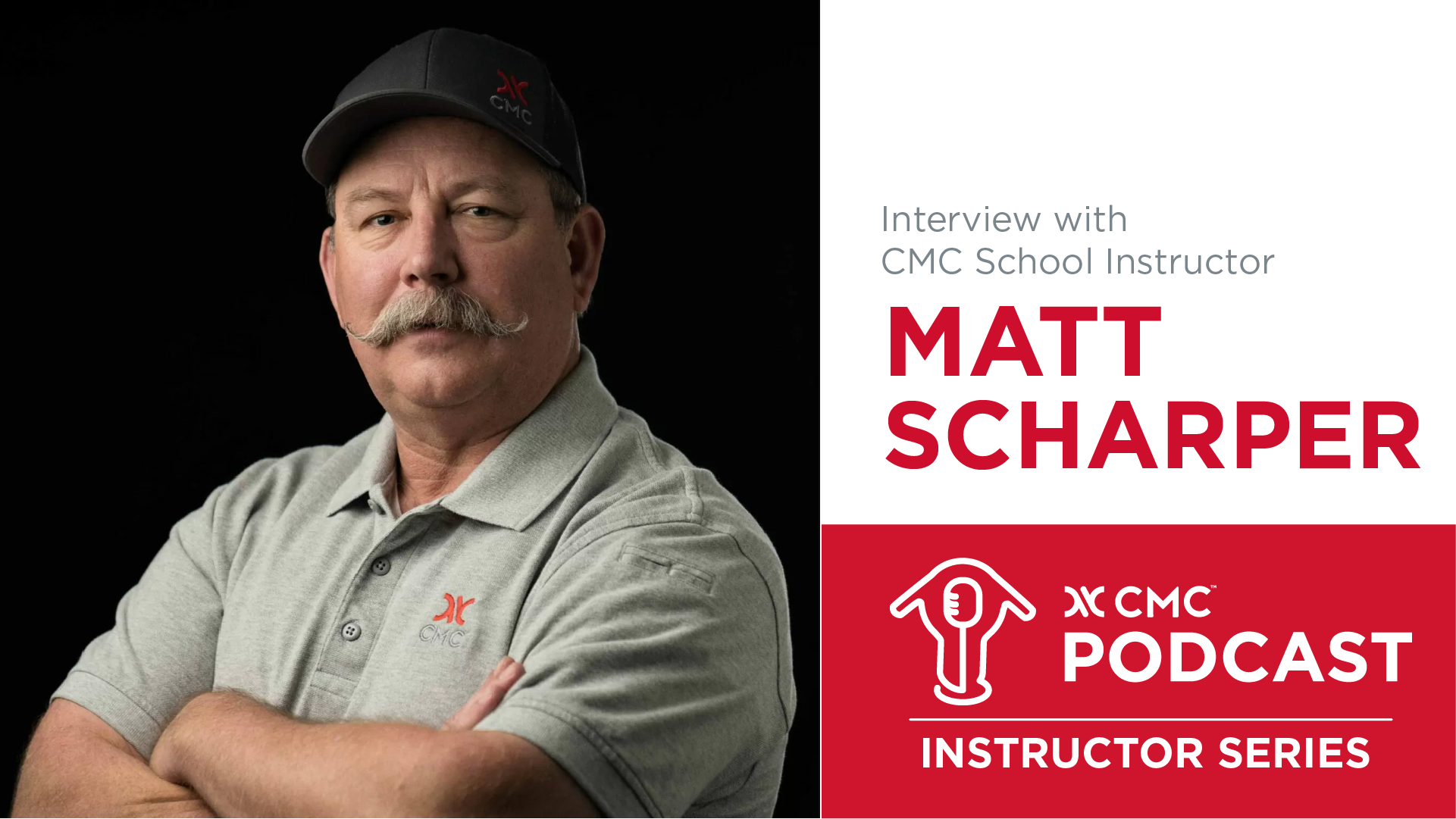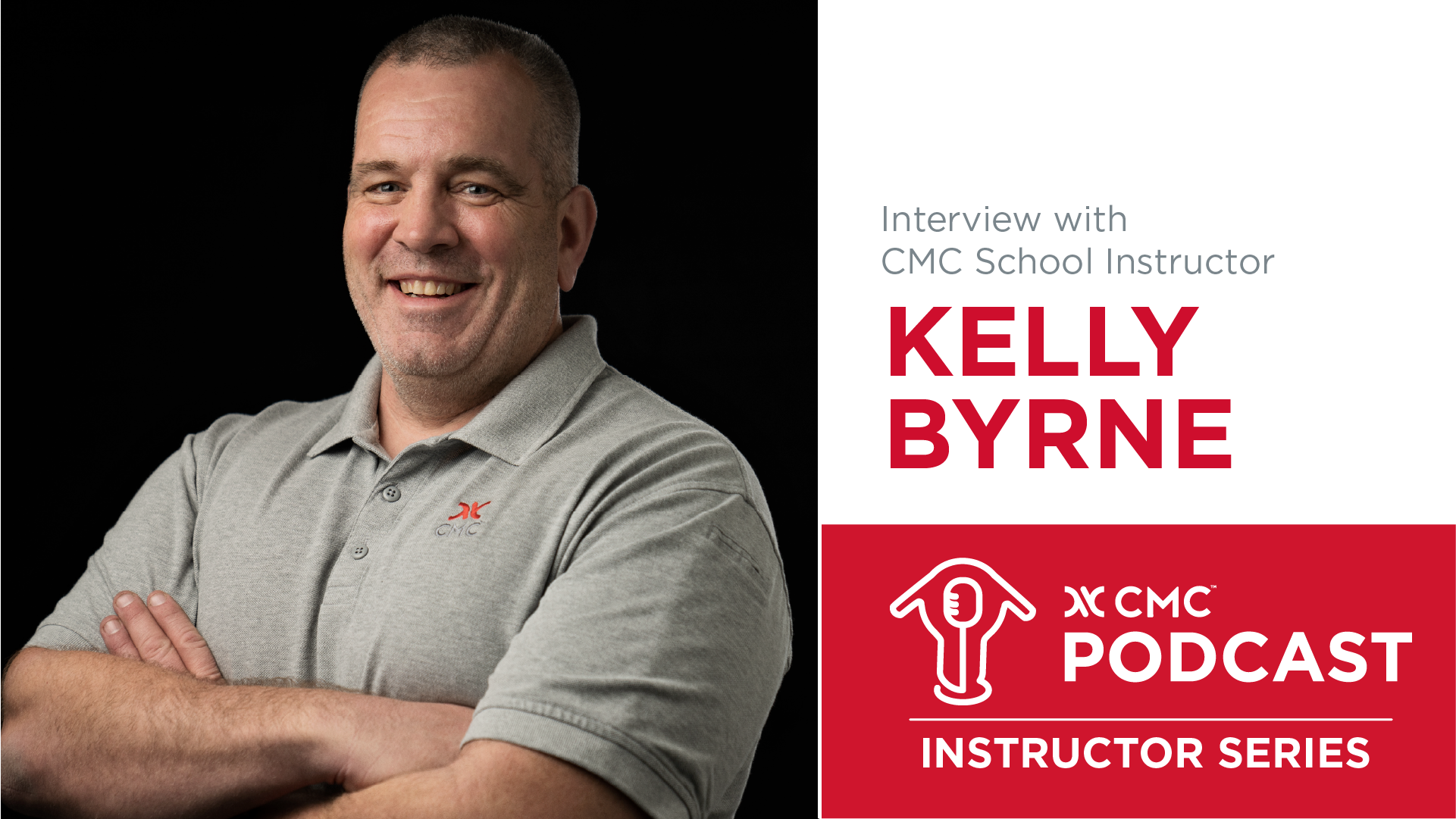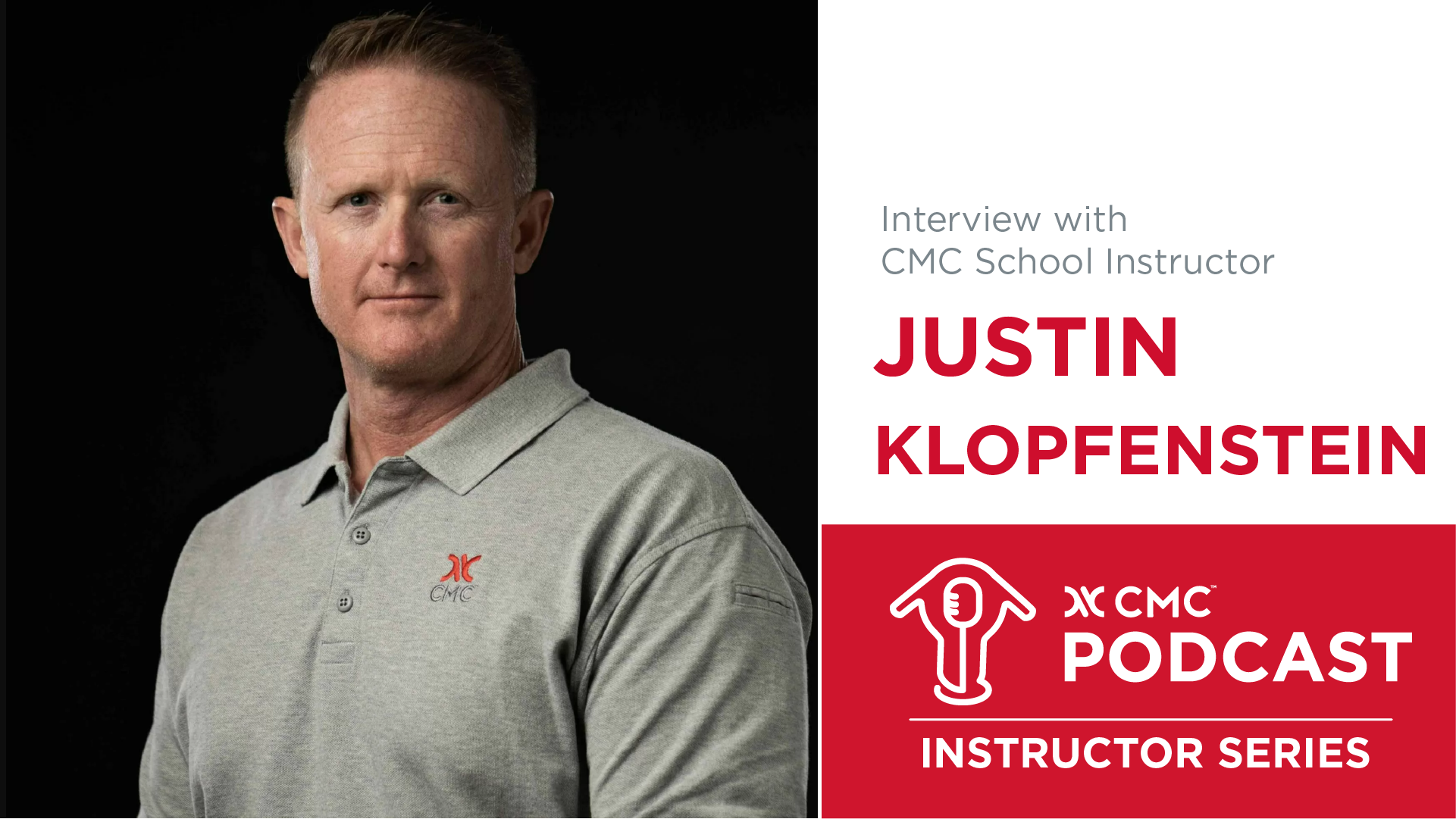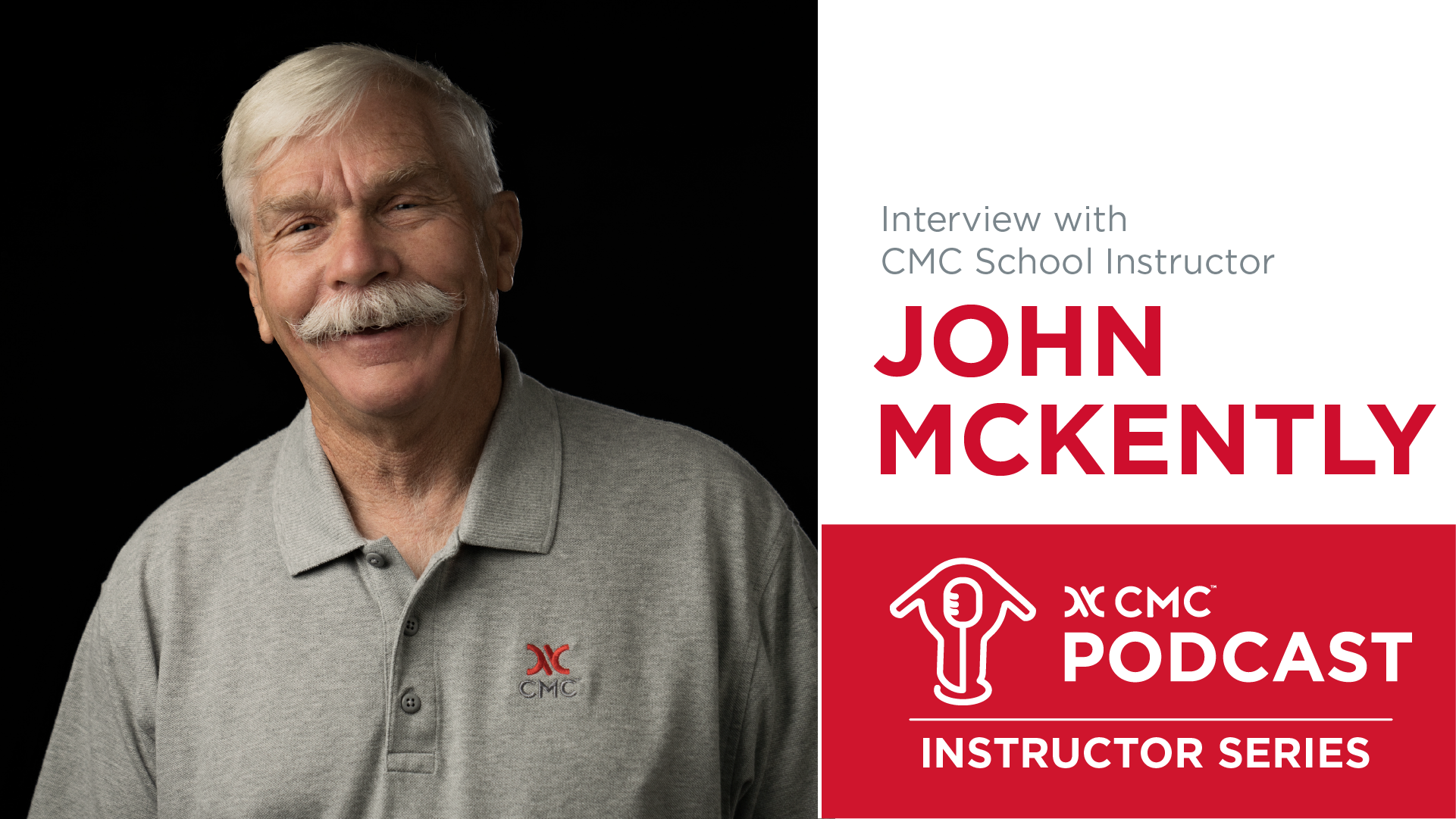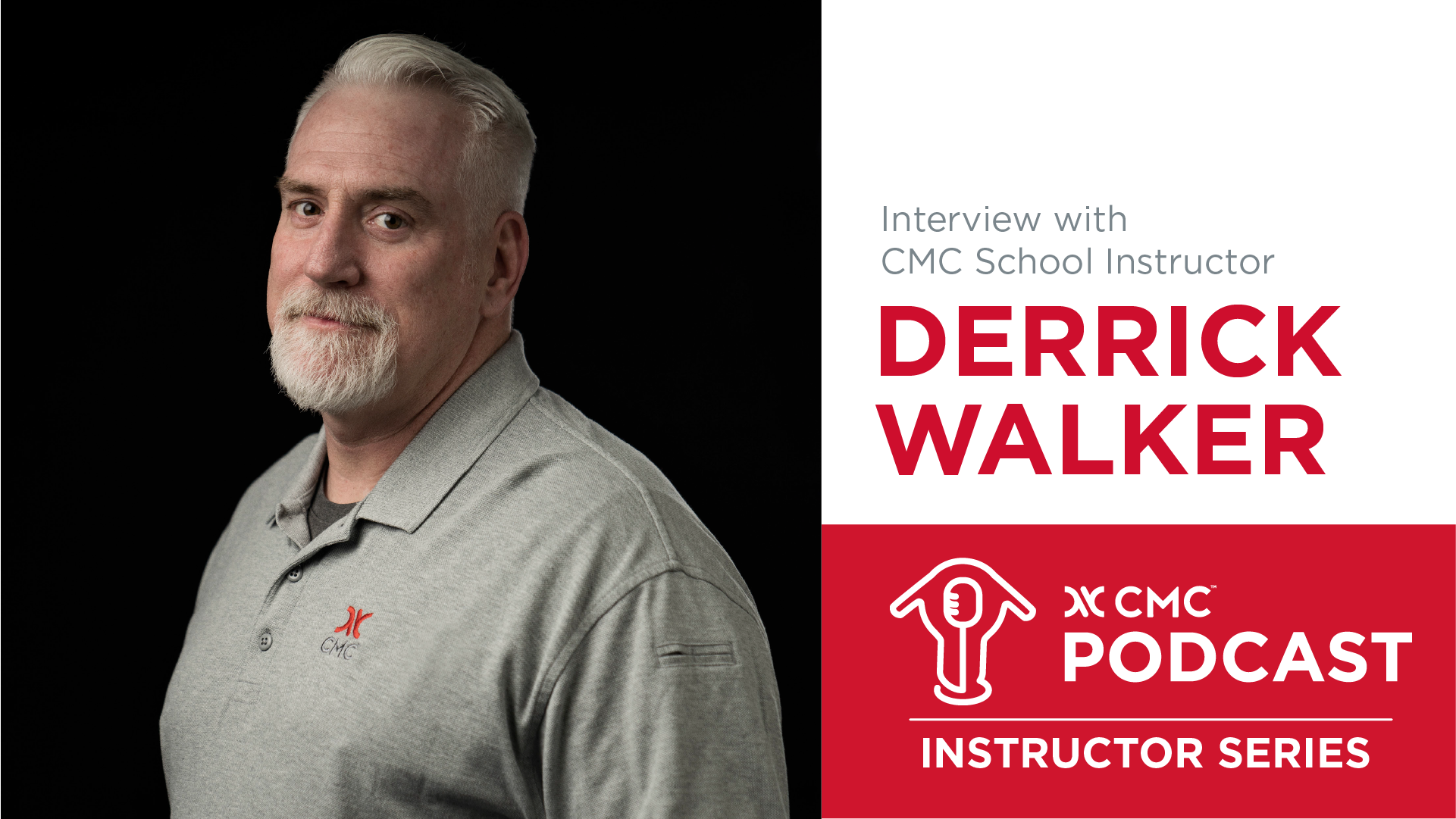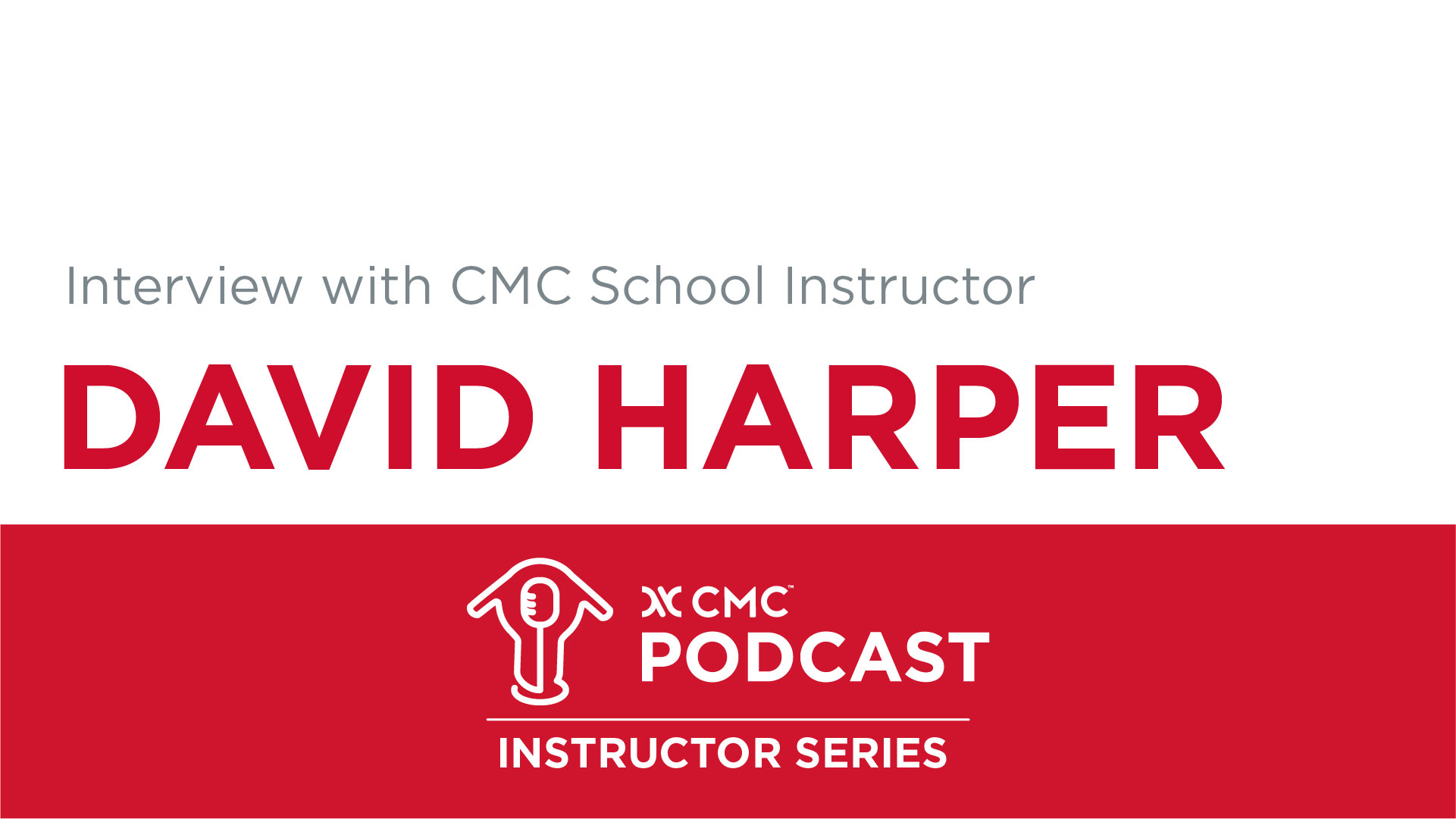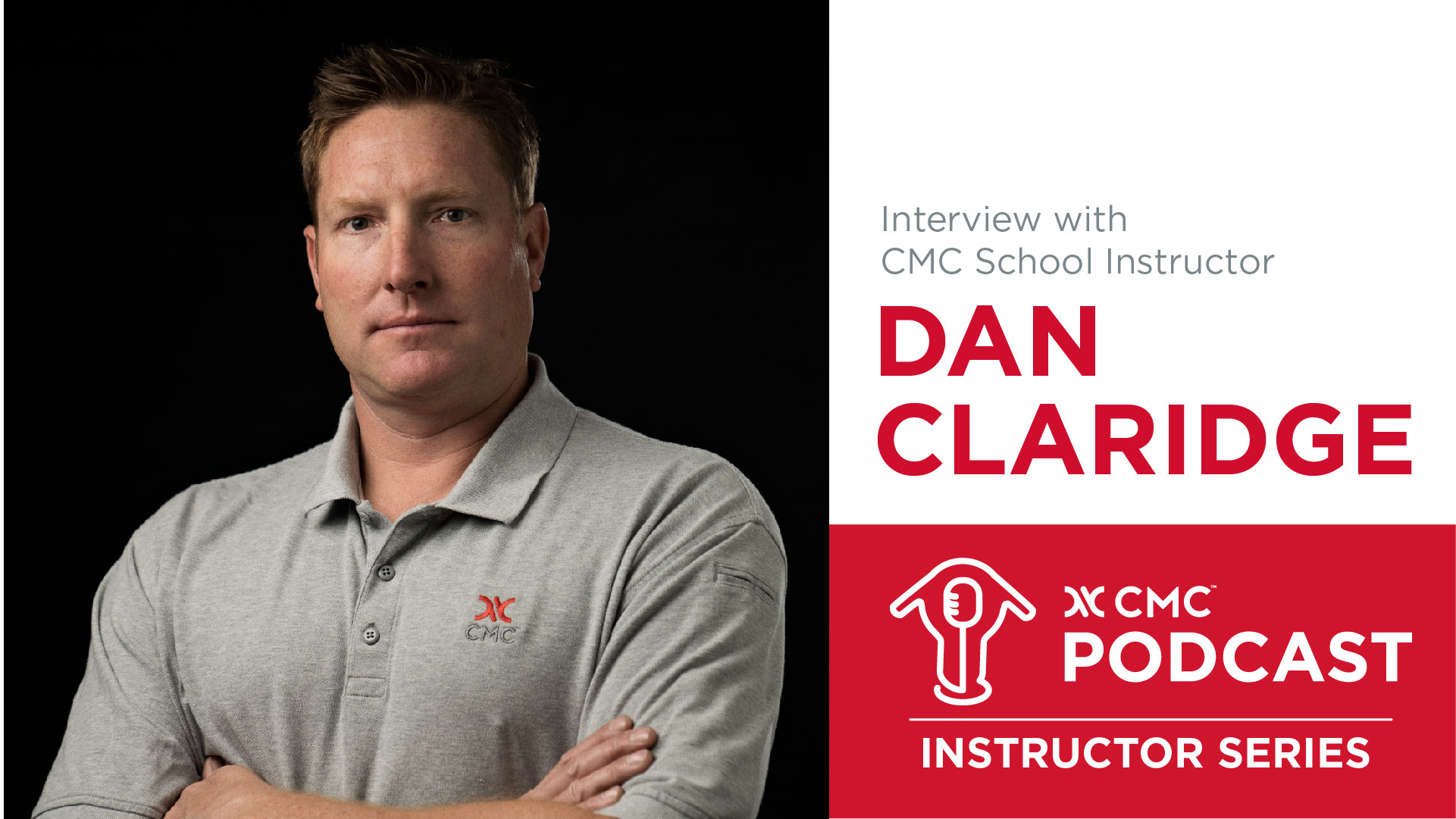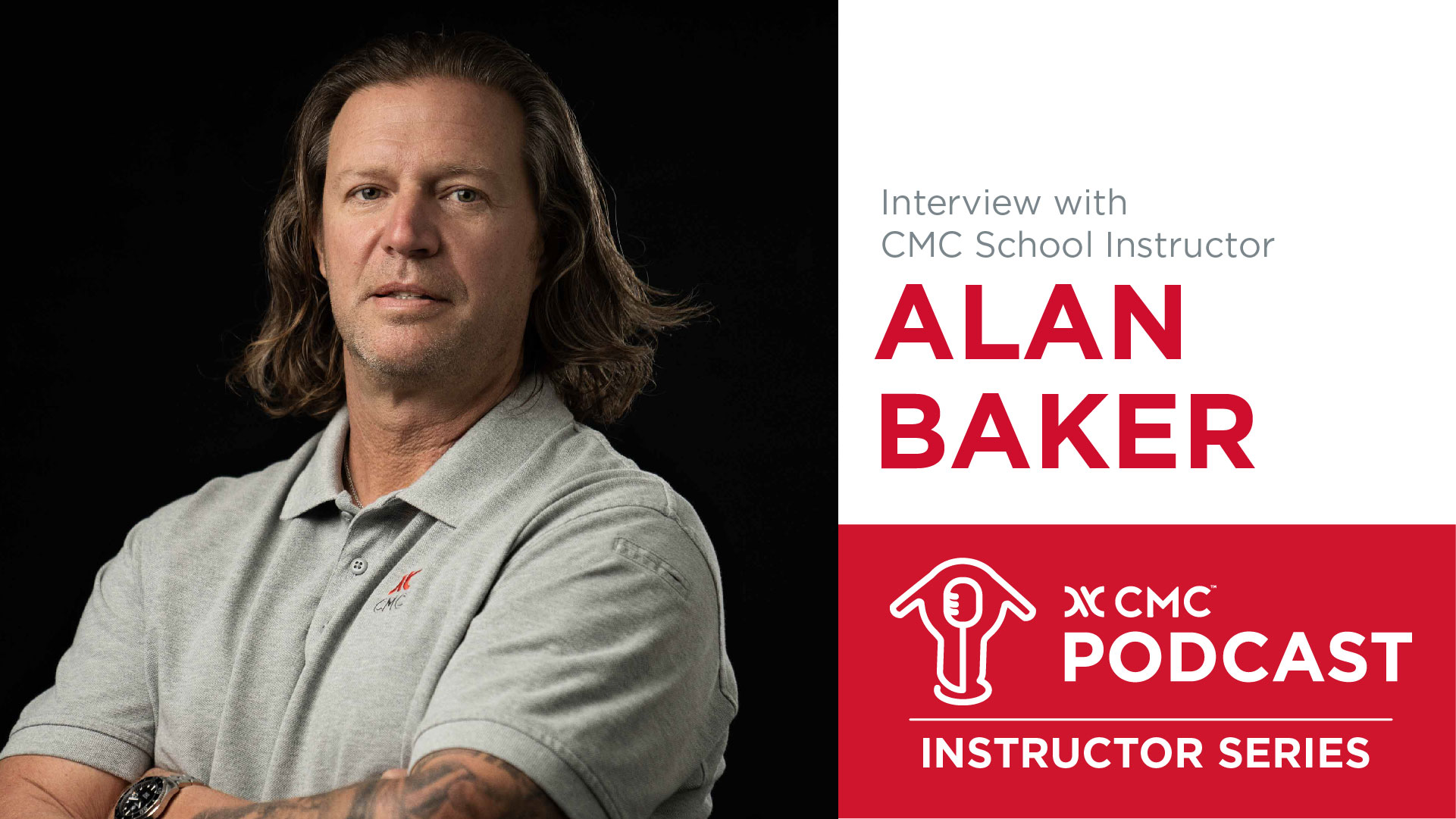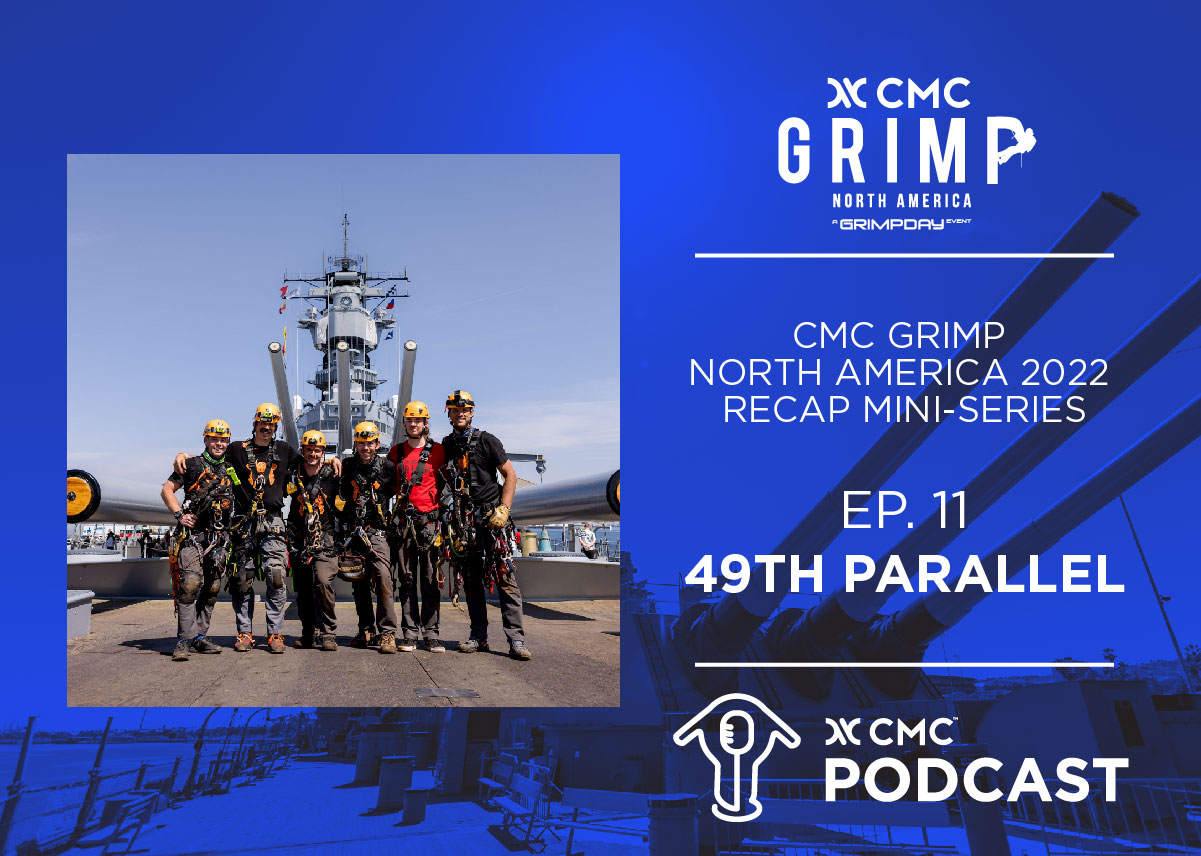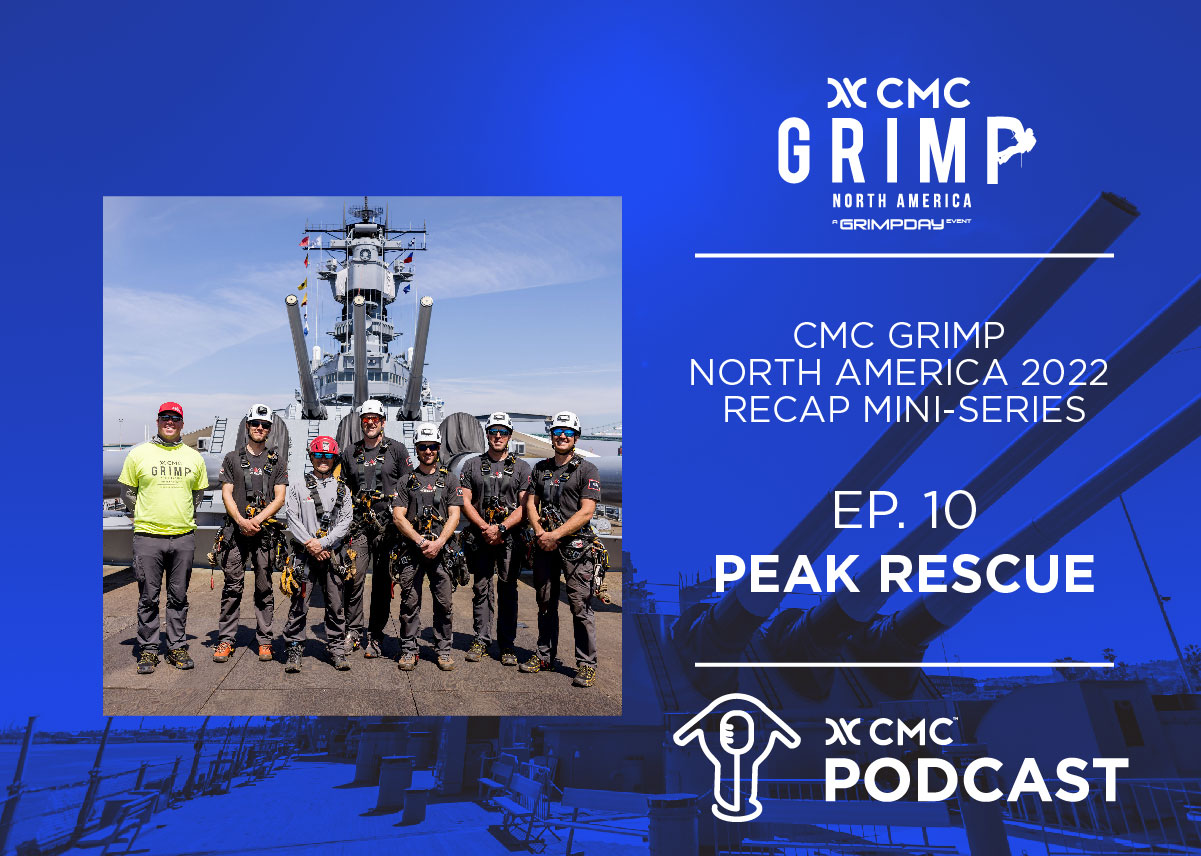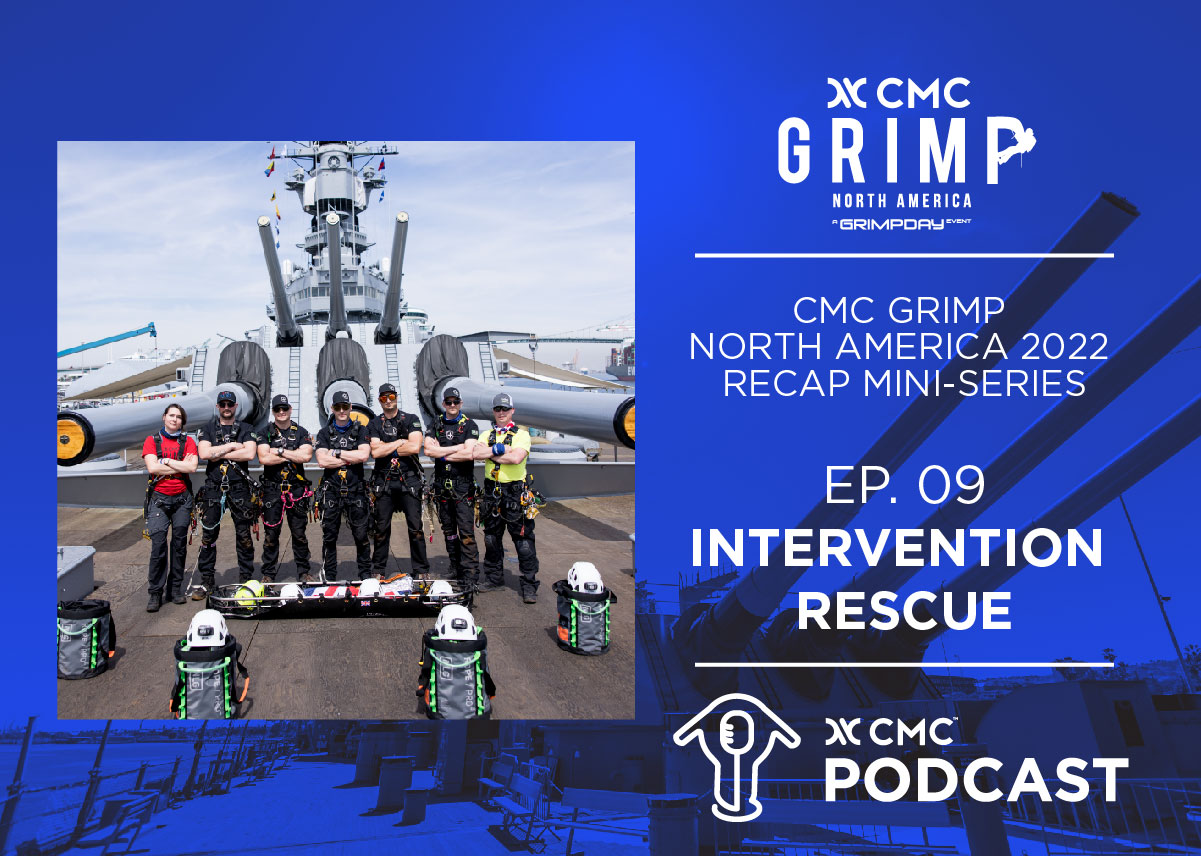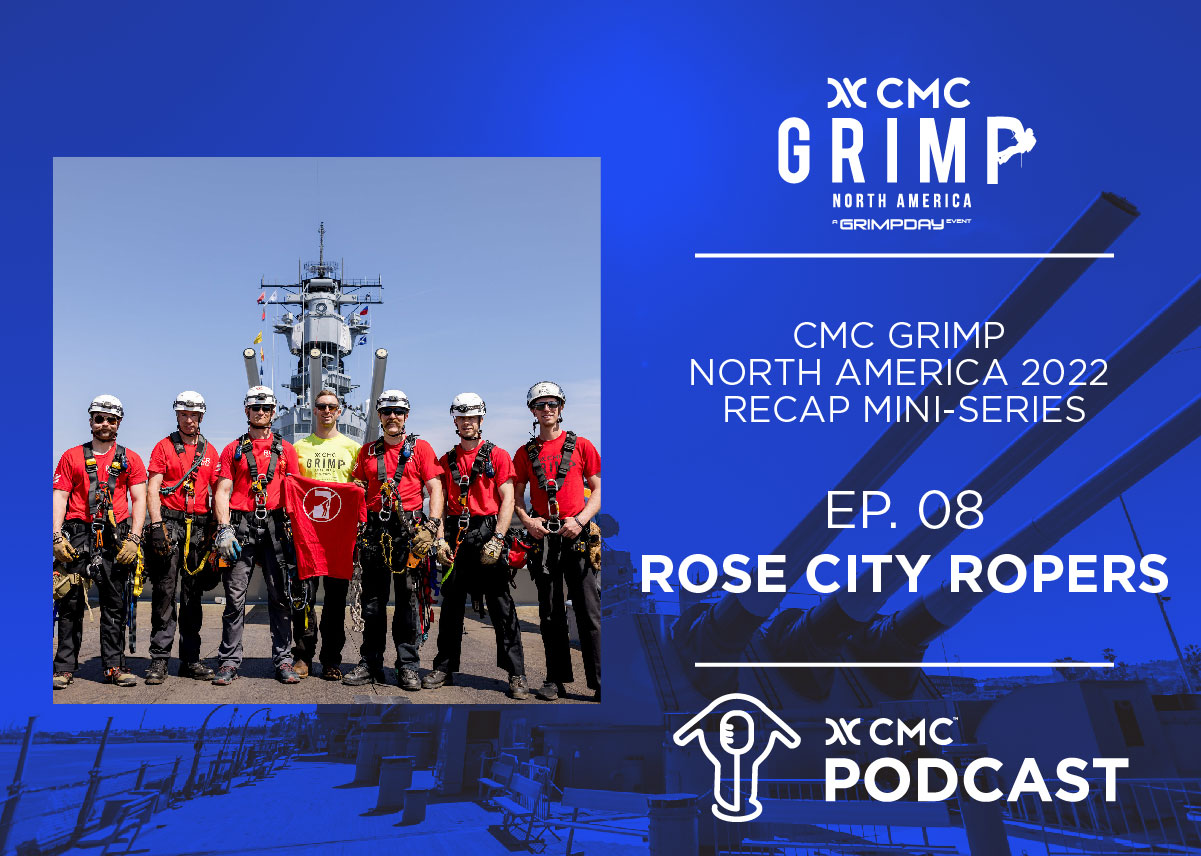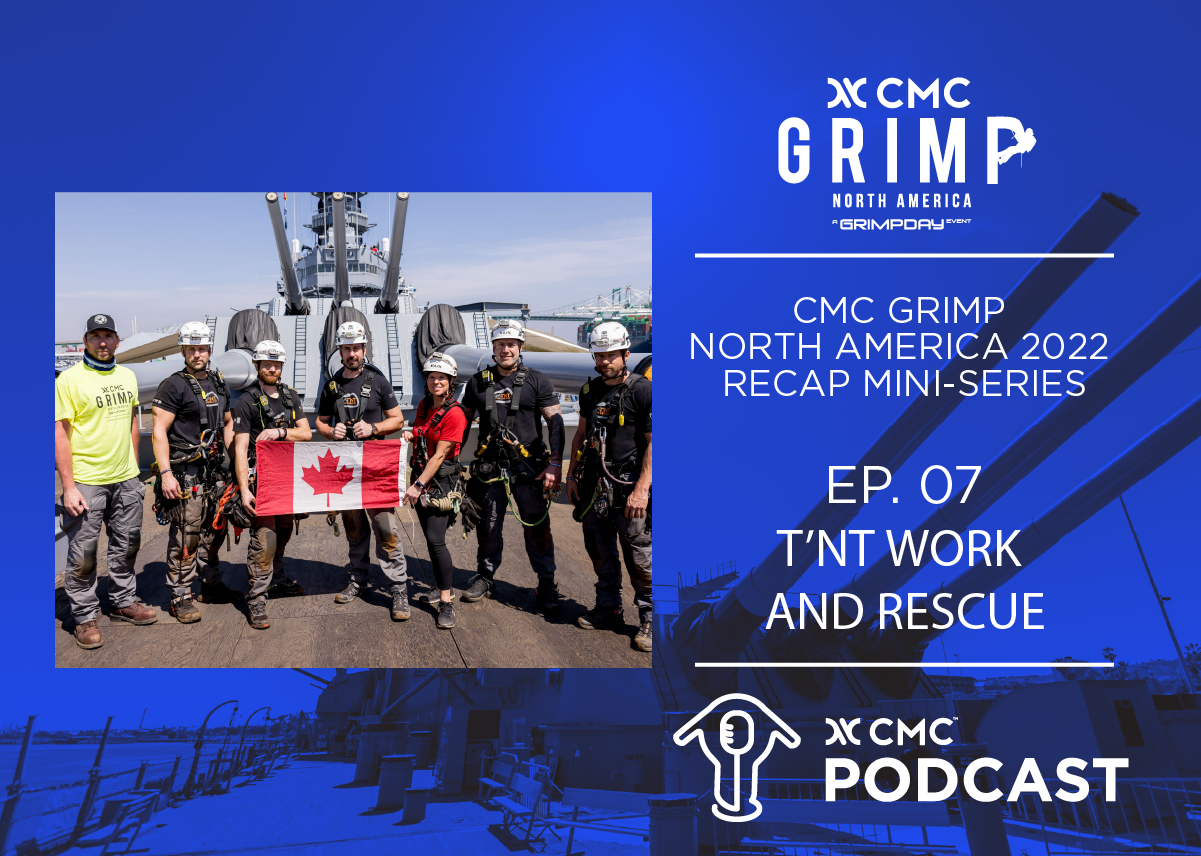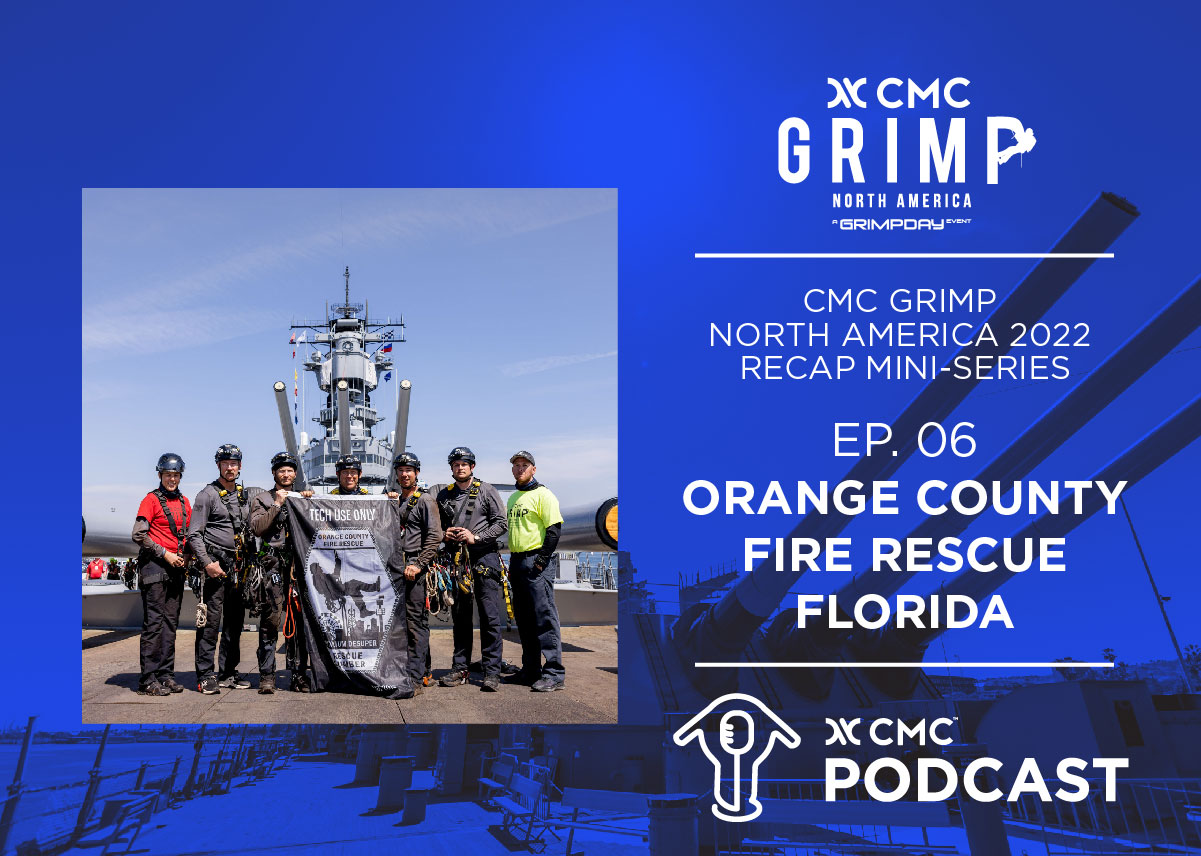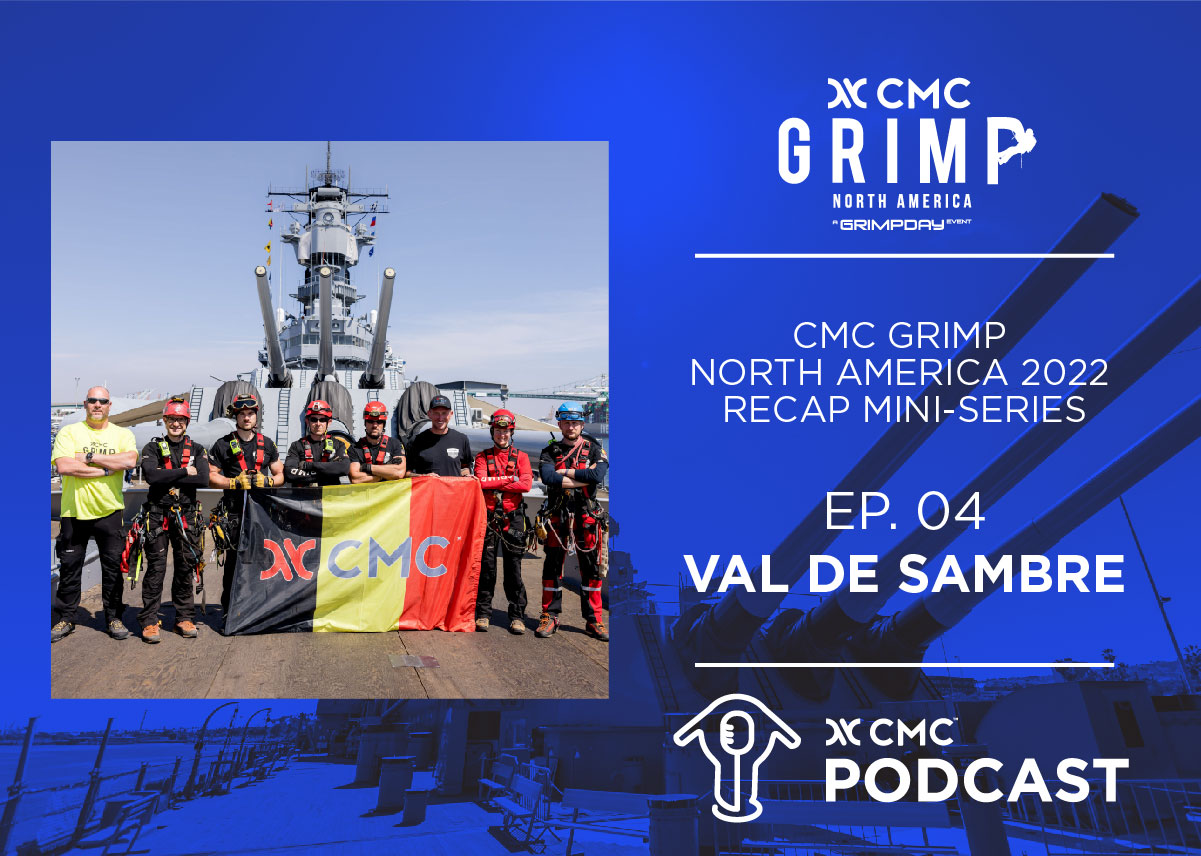
CMC Podcast 19 - What is NASAR?
Contributors in this Episode
Summary:
NASAR (National Association for Search and Rescue) uses standards developed by ASTM, NFPA, DHS, FEMA, and other respected bodies to build education courseware, publications, and certifications. In this episode CMC instructors speak with Chris Boyer, NASAR Executive Director, about the history of NASAR and what they’re doing today to advance search and rescue in the US.
Topics Discussed:
0:20 NASAR Executive Director Chris Boyer introduction.
1:37 John McKently introduction and involvement with NASAR.
3:54 What does search look like in the US today?
7:57 How did NASAR get started?
10:54 When did the organization start expanding eastward?
13:42 Are there any states that put SAR in the hands of fire from a legislation standpoint?
18:28 What’s the difference between SAR and USAR?
25:19 Mass rescue operations and wide area search.
26:45 What is NASAR doing to promote good legislation to get good uniformity across states?
29:57 How do you come up with a uniform standard of care and response?
33:03 Special challenges in National Park areas.
35:22 The need for a national database around SAR.
37:25 Volunteer SAR protections.
42:34 How important is it for each state to have a point person for SAR organization.
44:50 What’s the future of NASAR?
47:56 Closing thoughts.
Join the Conversation
We appreciate listener feedback. Please let us know if you have any questions or topics you’d like covered in future episodes of the CMC Podcast. You can also email us at podcast@cmcpro.com
Important Warning
- Many of the activities discussed in this podcast pose a very substantial risk of serious injury or death.
- Products and techniques discussed in this podcast are intended for use by specially trained professionals.
- Technical rescue, rappelling, climbing and the training involved are very hazardous activities. Each situation has its own unique conditions and must be evaluated by those present. Effective risk management comes from experience, proper training and good personal judgment.
- CMC is not liable for any damages arising from abuse or improper use of the techniques or equipment discussed in this podcast.
- Topics discussed are the ideas and opinions of each individual.
- Department protocol and regulations should always take precedent.

